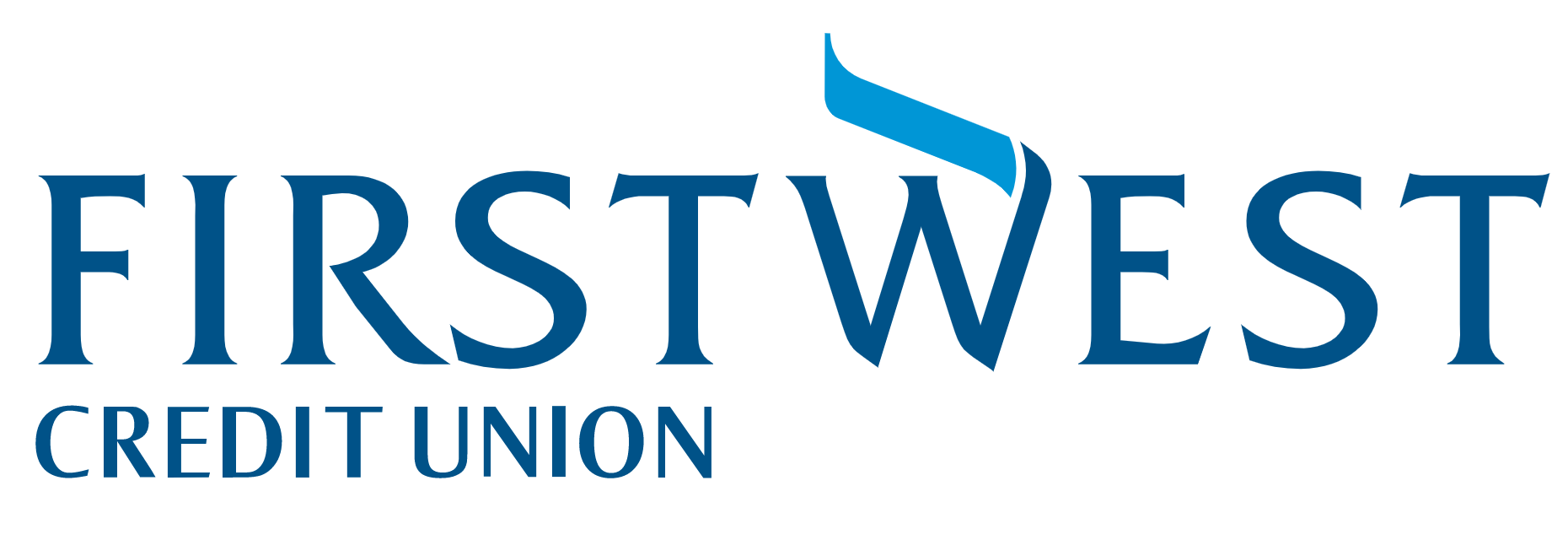Executive Summary:
In an era of rapid technological advancement, organizations face critical challenges in effectively implementing artificial intelligence and data analytics. This whitepaper provides a comprehensive framework for understanding and overcoming common misconceptions, leveraging AI responsibly, and creating meaningful technological strategies.
Introduction:
In the rapidly evolving digital landscape, artificial intelligence stands at the precipice of organizational transformation—a powerful technology fraught with both unprecedented potential and complex challenges. Organizations today find themselves at a critical juncture, where technological innovation intersects with strategic decision-making, demanding a nuanced, intelligent approach to AI integration. The digital revolution is no longer a future prospect, but an immediate reality. Yet, despite the proliferation of AI technologies, many organizations remain trapped in a cycle of misconception, ineffective implementation, and unrealized potential. The gap between technological promise and practical application continues to widen, creating a critical need for a strategic, holistic approach to AI adoption. This whitepaper emerges from the intersection of cutting-edge research, practical industry insights, and a deep understanding of the complex ecosystem of artificial intelligence.
Drawing from extensive research and expert analysis presented by Rochelle Grayson at the Big Data West Summit, we offer a comprehensive framework designed to:
- Deconstruct prevalent myths surrounding AI and data analytics
- Provide a strategic roadmap for responsible AI implementation
- Illuminate the critical balance between technological capability and human expertise
- Offer practical, actionable strategies for organizational AI transformation
Our objective is not merely to explain AI, but to empower organizations to navigate its complexities with confidence, strategic insight, and ethical consideration.
Overview:
The digital landscape is evolving at an unprecedented pace, with artificial intelligence and data analytics becoming critical components of organizational strategy. However, many organizations struggle to effectively integrate these technologies, often falling prey to misconceptions and unrealistic expectations.
Key Challenges:
- Overestimating AI capabilities
- Misunderstanding data utilization
- Ethical and practical implementation barriers
- Balancing technological potential with human expertise
- Deconstructing AI Myths
Myth 1: AI as a Silver Bullet Common Misconception: AI will solve all organizational challenges instantly. Reality: AI is a strategic tool requiring:
- Precise alignment with business objectives
- Careful implementation
- Continuous evaluation
Myth 2: More Data Equals Better Insights Common Misconception: Data volume guarantees quality insights. Reality: Insight quality depends on:
- Relevance
- Context
- Precise analysis
- Strategic application
Myth 3: AI Can Replace Human Judgment Common Misconception: AI can completely replace human decision-making. Reality: Optimal outcomes emerge from:
- Human-AI collaboration
- Augmented intelligence
- Maintaining human oversight
- Strategic Approach to AI Implementation
Comprehensive Implementation Framework:
a) Alignment Strategies
- Connect AI initiatives to core business objectives
- Develop clear, measurable outcomes
- Create cross-functional implementation teams
b) Data Quality Assessment
- Develop rigorous data evaluation protocols
- Implement continuous monitoring mechanisms
- Create data relevance scoring systems
c) Ethical Considerations
- Establish AI ethics committees
- Develop transparent decision-making processes
- Implement bias detection and mitigation strategies
- Ethical Considerations and Responsible AI
Key Ethical Dimensions:
- Bias Detection and Mitigation
- Privacy Protection
- Transparency in AI Decision-Making
- An Environmental and Social Responsibility
Recommended Governance Model:
- Multidisciplinary oversight
- Regular ethical audits
- Continuous learning and adaptation
- Stakeholder engagement
- Practical Implementation Strategies
Phased Implementation Approach:
Phase 1: Assessment and Preparation
- Organizational AI readiness evaluation
- Skills gap analysis
- Initial pilot project identification
Phase 2: Targeted Pilot Implementation
- Low-risk, high-learning potential projects
- Rapid prototyping
- Iterative development
Phase 3: Scaled Integration
- Expand successful pilot initiatives
- Develop comprehensive AI strategy
- Create organizational AI capability
Conclusion: The Path Forward – Intelligent Transformation
As we conclude our exploration of AI’s transformative potential, one fundamental truth becomes abundantly clear: the future of organizational success lies not in technological adoption but in intelligent, strategic integration. The journey from AI misconception to mastery is neither linear nor simple. It requires:
- Continuous learning
- Ethical commitment
- Strategic flexibility
- Human-centered innovation
Organizations that will thrive in the emerging technological landscape are those that:
- Recognize AI as a collaborative tool, not a replacement for human intelligence
- Implement robust, ethical frameworks for technological adoption
- Maintain a critical, adaptive approach to innovation
- Prioritize strategic alignment over technological hype
- Invest in human capabilities alongside technological infrastructure
The whitepaper’s insights are not a destination, but a starting point—an invitation to reimagine organizational potential through the lens of responsible, strategic AI implementation. As technological boundaries continue to expand, the most successful organizations will be those that approach AI not as a technological solution, but as a strategic partner in driving meaningful, sustainable innovation. The future of AI is not about replacing human capability, but about amplifying our collective potential.
Are you ready to transform challenges into opportunities? The journey begins now.
About the Research:
Insights derived from Big Data West Summit presentation by Rochelle Grayson, featuring comprehensive analysis of AI implementation challenges and opportunities.





